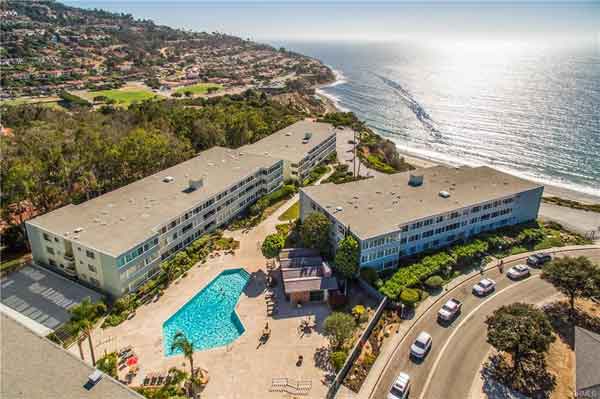Summer is almost upon us and to kick it into gear Redondo Beach is offering a weekend of fun at the Beach Life Festival. Happening from May 3 – 5 2019, the festival offers a variety of top level musical talents from Willie Nelson, Brian Wilson of the Beach Boys, Violent Femmes, Jason Mraz, Ziggy Marley, Steel Pulse, Bob Weir, Blues Traveler and many more. Spend a few days enjoying live music, great food, great drinks and a day at the beach
The events are happening at the Seaside Lagoon at 137 Harbor Drive in Redondo Beach just east of King Harbor and the Redondo Beach pier.
Hours:
- Friday 11am-10pm
- Saturday 11am – 10pm
- Sunday 11am – 9pm
For tickets and more information visit the event website.



